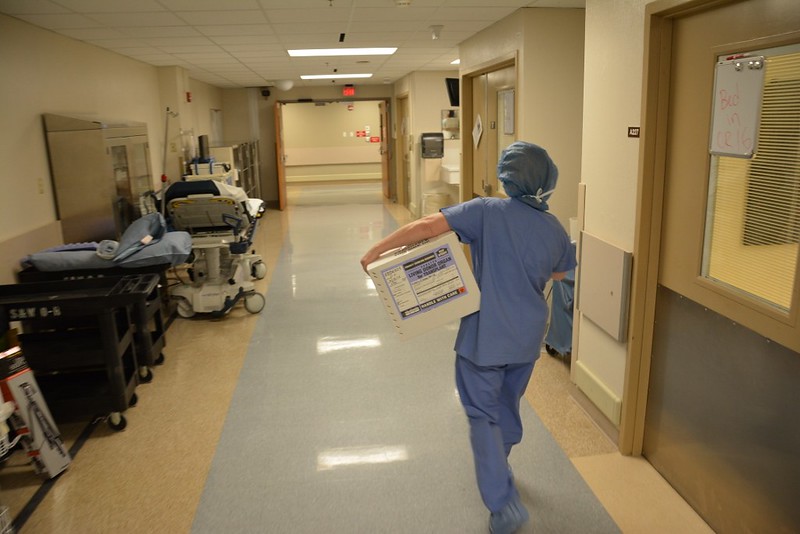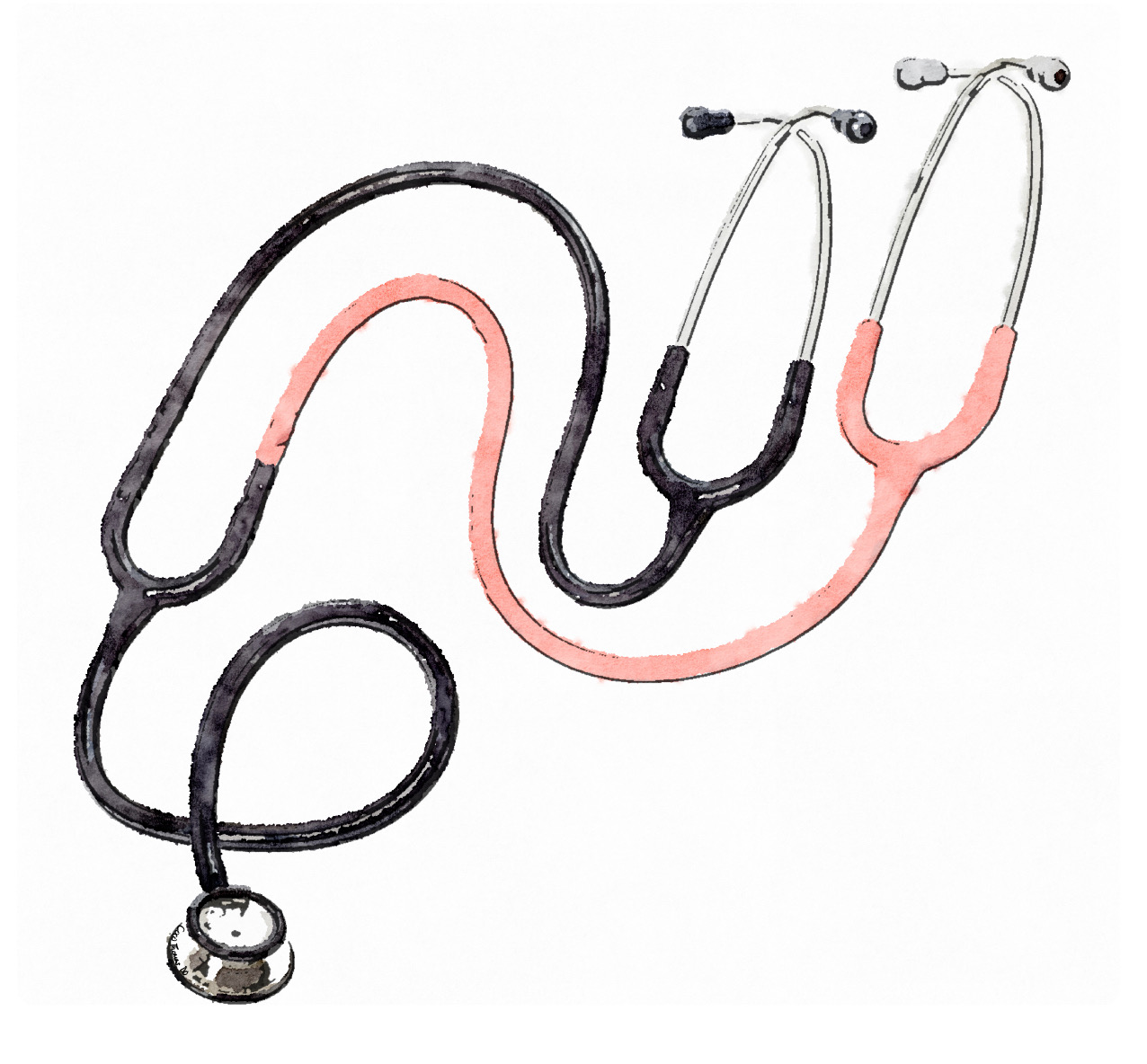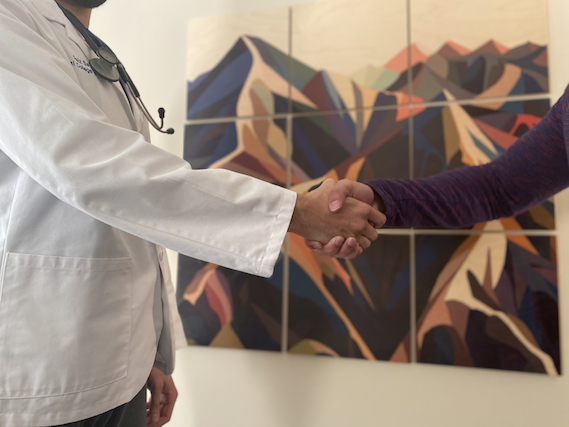Could a Pass-Fail USMLE Step 1 Cause More Student Stress?
The pressure and anxiety surrounding Step 1 is one of the main reasons cited by the USMLE to justify its adoption of a pass-fail grading system. However, many medical students are met with more trepidation about their future as this major anticipated change in Step 1 takes effect.








